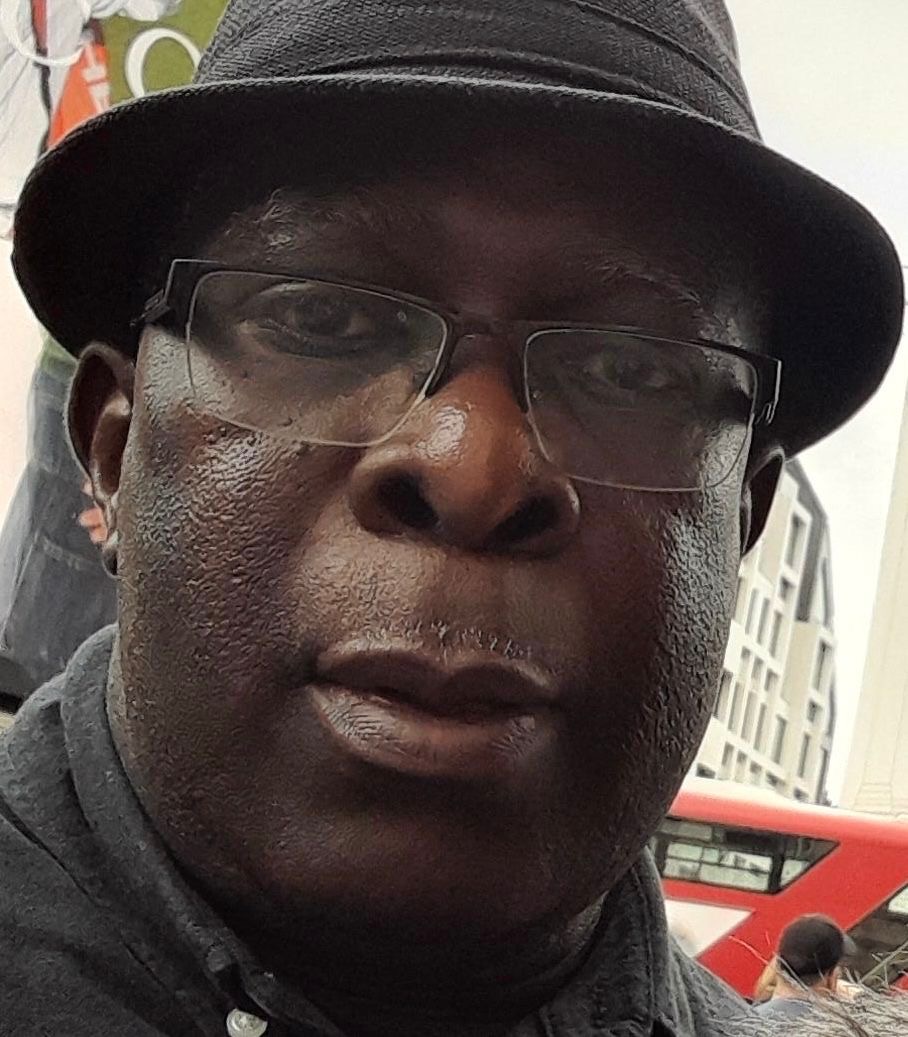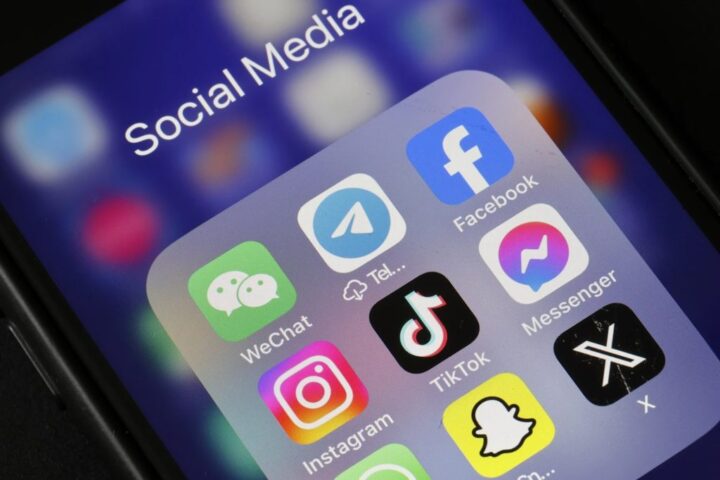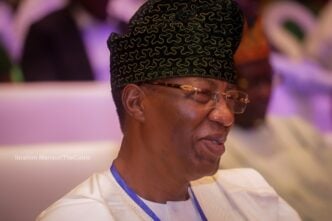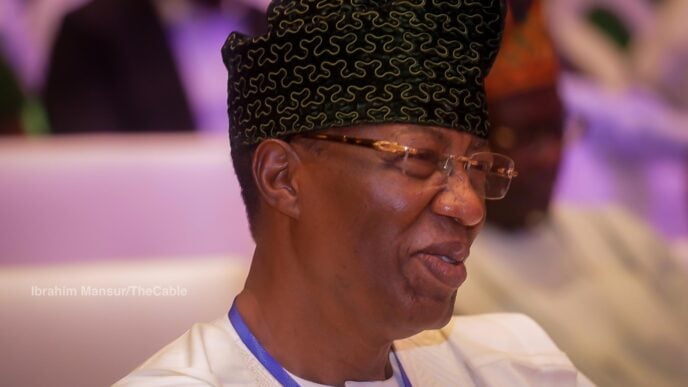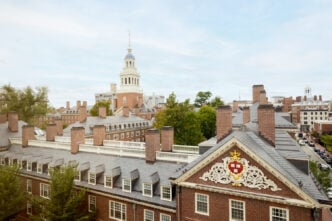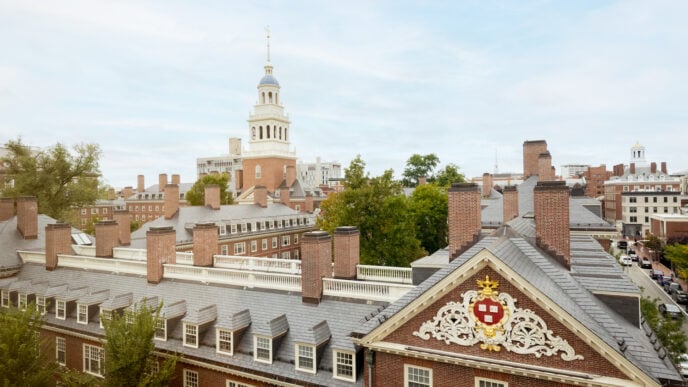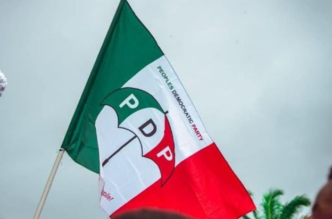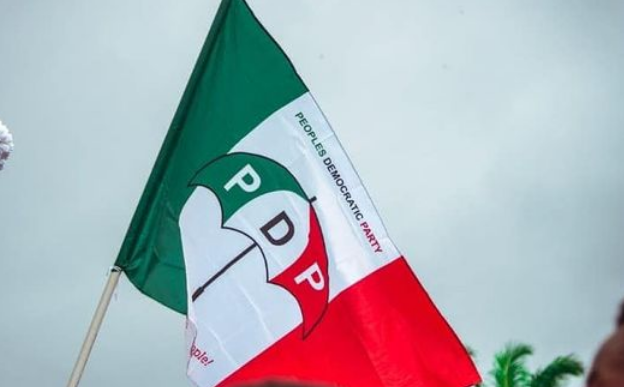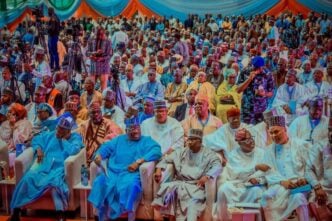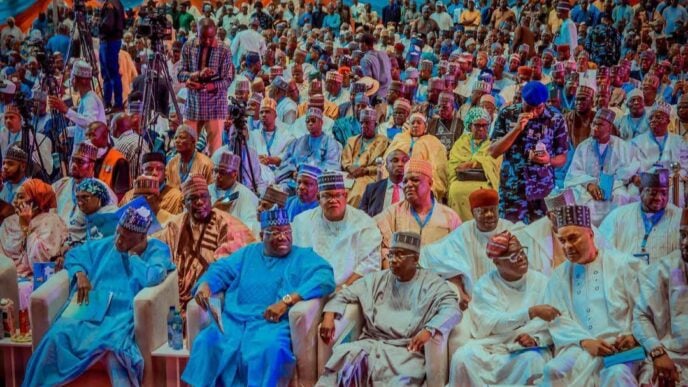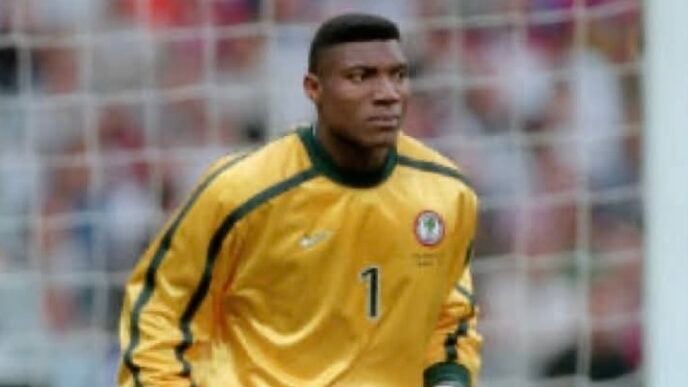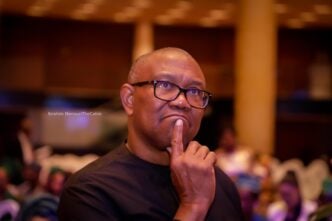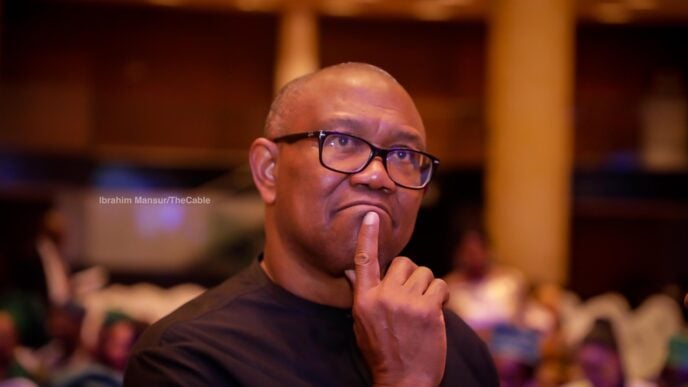Social media
In recent times, the current American President, Donald J. Trump, Jnr became a butt of jokes of the media, political opponents, members of the Democratic Party and others not satisfied with his approach to governance, especially the threats of increasing tariffs against countries with trade agreements with the US. These threats led to him being given a nickname, TACO Trump (Trump Always Chickens Out)!
It’s on record that the Financial Times journalist, Robert Armstrong, who gave him that nickname was interviewed and congratulated for such a popular name by other international media houses! It’s noteworthy that despite his rage and abuse of the journalist and others who had gone ahead to campaign against him by using the acronym and chicken images, Trump did not ban the media, nor send the National Guards or FBI against the media. Rather he fought against it using the Truth Social and ensuring that aspects of the tariff threats were enforced.
Recently, the Governor of Illinois, JB Pritzker warned the Trump Government against deploying Federal forces in his state, and claimed that Trump needed his mental faculty examined for what he planned to do. Trump, in retort, called the governor incompetent and a fat slob, among other unprintable words. In the to and fro, Trump did not threaten to unseat the governor but rather signed an Executive Order to initiate what he proposed to do.
In these examples, we see democracy in operation. Without the freedom to individual and institutional rights, democracy is shackled, and leads to illiberalities that no sooner affect people, societies and position the government as tending towards dictatorship. In Nigeria, the Federal Government has signed the Cybercrimes Bill into law. In effect, all the provisions therein can be enforced, and they are binding to all and sundry. Some of the key offences for which users of social media, especially content creators become exposed to include, articles 5 and 6. Article 5, section19 says that spreading fake news or publishing content that is deliberately misleading or deceptive is a criminal act. While 6, section 22 which is on online harassment and abuse, says that posting content that is rude, vulgar, offensive or indecent, especially with intent to embarass or humiliate others is an offense.
Advertisement
In relation to this law, it is reported that the Nigerian Government had shut down 13 million social media accounts for violating the code of practice on offensive content. And these accounts were removed from platforms like Tiktok, Facebook, X and Instagram. And for good measures, Governor Umaru Bago of Niger state, unilaterally ordered the shutting down of Badeggi radio station. In emerging totalitarianism, one of the universal laws of human rights which suffer is freedom of speech and information. Indeed some Nigerians like in other countries use the media (social and traditional) for less than the reasons for which these are set up, the majority use these to produce and market their contents and for legal purposes. Many Nigerians earn good salaries through remote jobs and they access such through the Internet and social media. Like it is obtained in other countries, Financial crimes take place, what happens is that law enforcement becomes enforced using technology and partnerships with other countries. Through such bad eggs are fished out and made to pay for their crimes in discreet but effective ways.
Nigeria by nature is a pluralistic society, and it would be an unnecessary distraction chasing after users of social media with the effect of denying some of their means of livelihood and for others making it difficult for them to earn well in a depressed economy. Sometimes in Nigeria’s past, offensive decrees such as the Offensive Publications Decree of 1993, Detention of Persons Decree and Newspapers Registration Decrees were enacted and used to bully and subjugate the media and journalists, yet journalism morphed into guerilla journalism to keep Nigerians abreast of happenings. And rather than destroy journalism, those decrees bred resilient and courageous journalists who successfully weathered those locust years.
A new generation of Nigerians who are even more sophisticated and globalised are in place, and using the Cybercrime Iaws to hunt them down will cost more and cause damages to the sagging image of the country. As much as the Nigerian Government desires to remain an option for investors and partners with international organisations, handling the cybercrimes laws with diligence is required, and amending those laws to have a democratic flavour is required as soon as it can be done.
Advertisement
Okiyi, PhD, writes from Abuja.
Views expressed by contributors are strictly personal and not of TheCable.
